What Happens if You Violate HIPAA?
Telebehavioral Health Institute
JUNE 7, 2023
If you, as a behavioral health professional, violate the Health Insurance Portability and Accountability Act (HIPAA), you must follow certain obligations and procedures to rectify the situation. Below then, is a suggested list of steps for a practitioner who wonders, “What Happens if you violate HIPAA?”

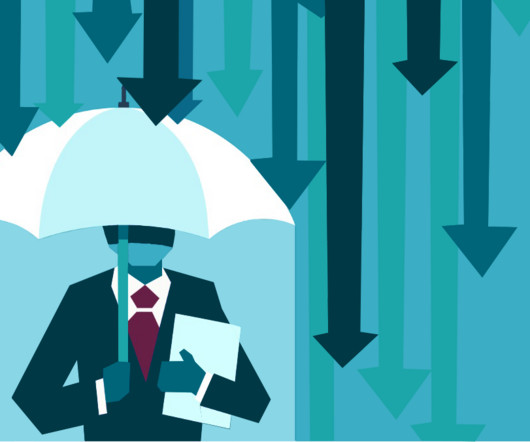
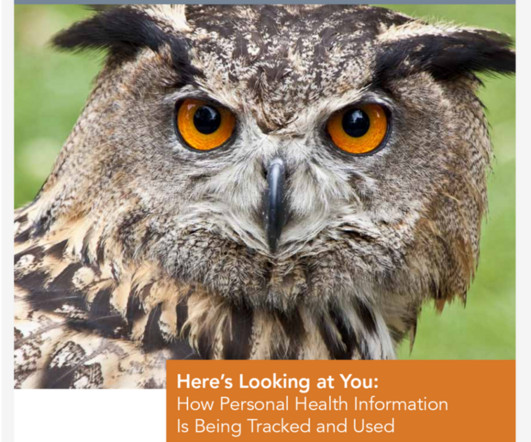
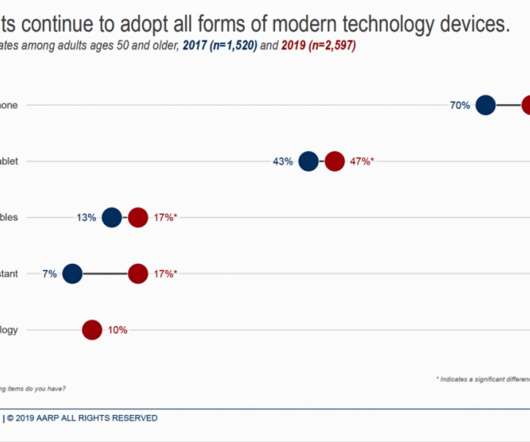


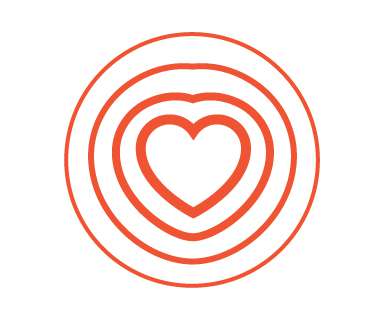
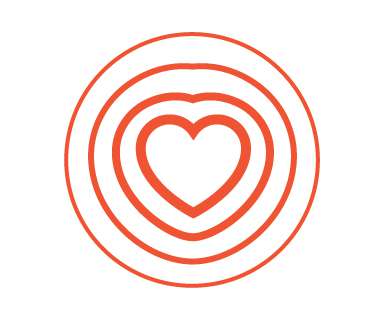




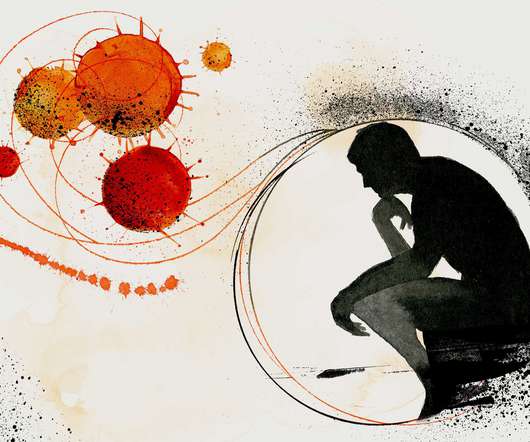








Let's personalize your content